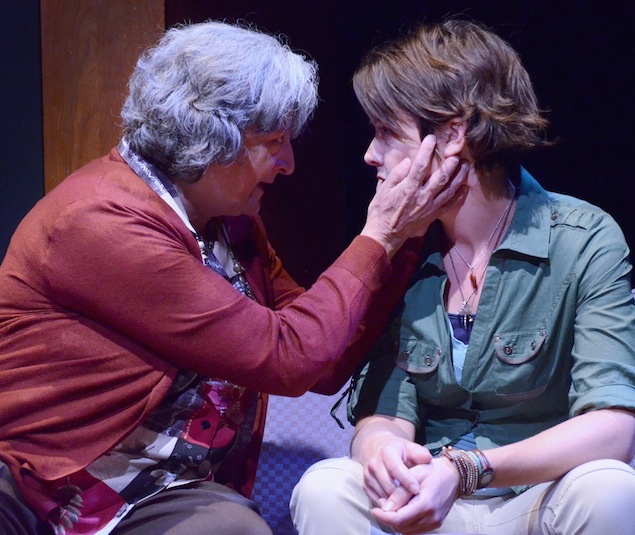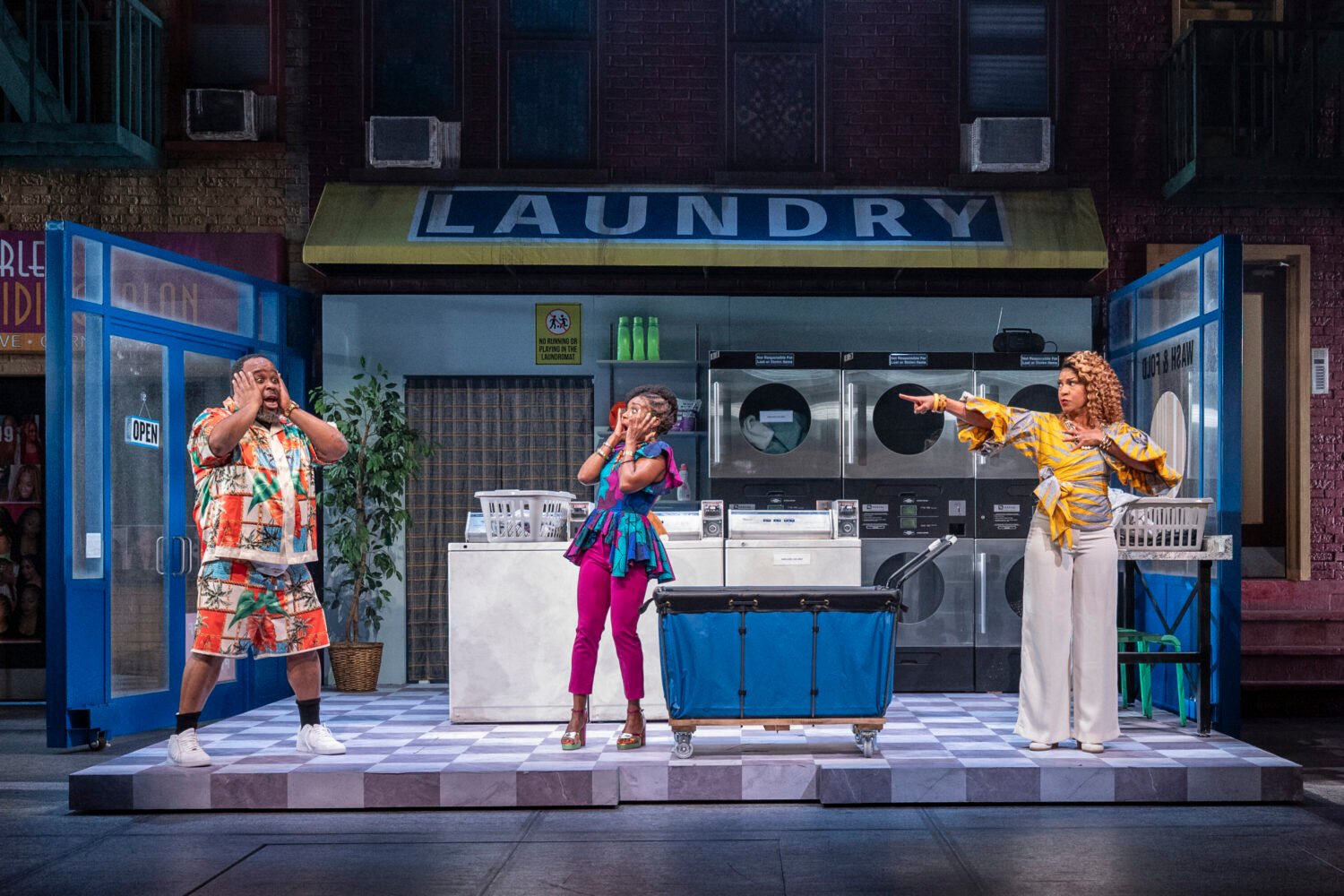
Theater J certainly has a gift for uniting the political with the personal, as seen in its engrossing season opener, After The Revolution.
Amy Herzog’s play explores how the Joseph family’s dynamics interact with its history of political persecution. Emma Joseph (Megan Anderson) is the daughter of radical Marxists, though she’s the only member of her generation to have followed in her family’s politically active footsteps. Her passion is the plight of Mumia Abu-Jamal, whose treatment after being accused of shooting a Philadelphia police officer has been questioned by many civil-rights activists.
She’s tied the case’s social justice implications to the treatment of her blacklisted grandfather during the era of McCarthyism, and raises funds for the cause. But when new information about her grandfather’s behavior comes to life—information her father, Ben (Peter Birkenhead), has kept secret for years—Emma has to deal with the implications it has on her career, her cause, her relationship with her family, and her personal life.
Herzog’s play finds humor in the Josephs’ unconventional politics, whether it’s Grandma Vera’s (Nancy Robinette) jarring moments of being a Stalin apologist or Ben’s awkward lefty guilt. The man has a tendency to speak Spanish to Emma’s Latino boyfriends, and fervently wishes one of his daughters would have ended up a lesbian. “You made me call my Walkman a Walk-person,” Emma says accusatorially during a heated confrontation with her father.
After the Revolution spends a little too much time wallowing alongside Emma in her betrayal before it gets to this climactic confrontation. But along the way, director Eleanor Holdridge gives the audience more insight into her increasingly tricky relationship with her boyfriend, Miguel (Carlos Saldana), as well as her once close but now strained bond with her sister, Jess (Elizabeth Jernigan), a recovering addict. Misha Kachman’s stage design uses perspective and depth to communicate the show’s smooth scene changes.
The acting propelling After the Revolution is staggering, elevating the play’s less consequential scenes; particularly enjoyable are Emma’s business lunches with Morty, an aging radical played with a casual, self-deprecating wisdom by James Slaughter. As Emma, Anderson’s nervous energy is engaging, exhausting, and entirely believable. Susan Rome also makes a powerful impression as Meg, Emma’s stepmother, a relatable figure whose own flirtations with activism were never fully embraced or respected by the domineering Joseph clan. But when Vera is in the picture, the stage belongs to Robinette. Her hearing problems and outdated stereotypes (lesbians = victims of abuse) could make her a caricature, easy to brush off. But Robinette gives Vera a sharp mind and a cutting tongue.
Her final declarative pronouncement leaves both Emma and the audience uneasy—and with no doubt that the world today isn’t the one Vera and her contemporaries had been fighting for.
After the Revolution runs through October 6 at Theater J. Running time is about two hours. Tickets ($45 to $65) are available via Theater J’s website.















